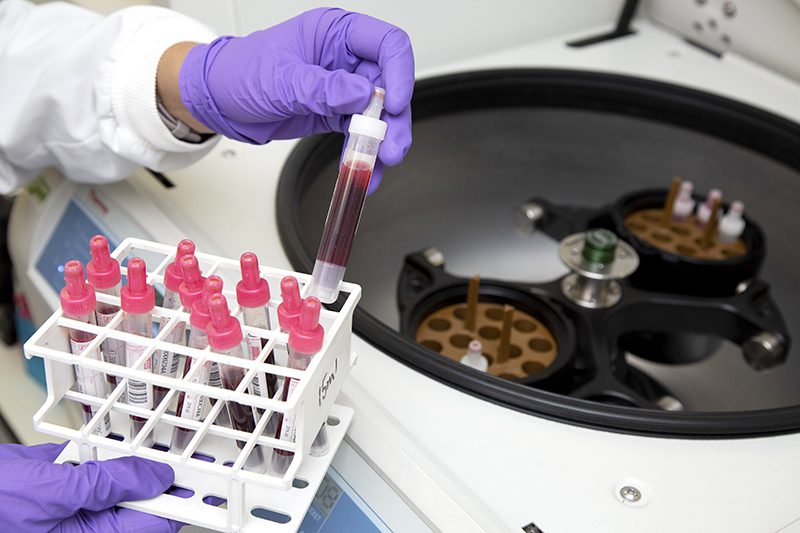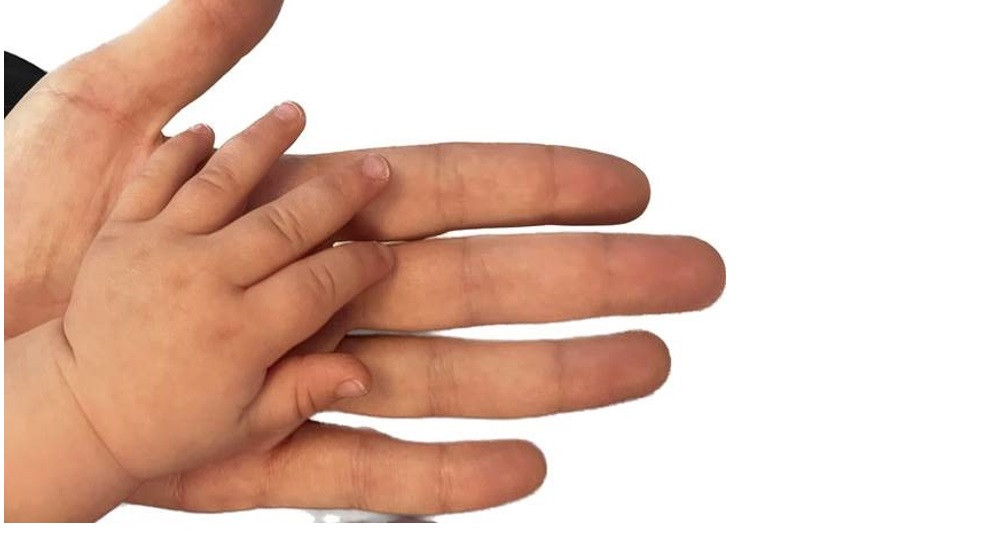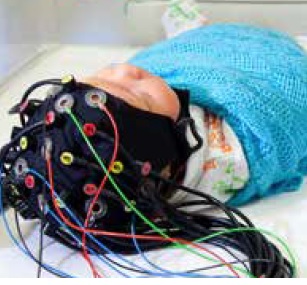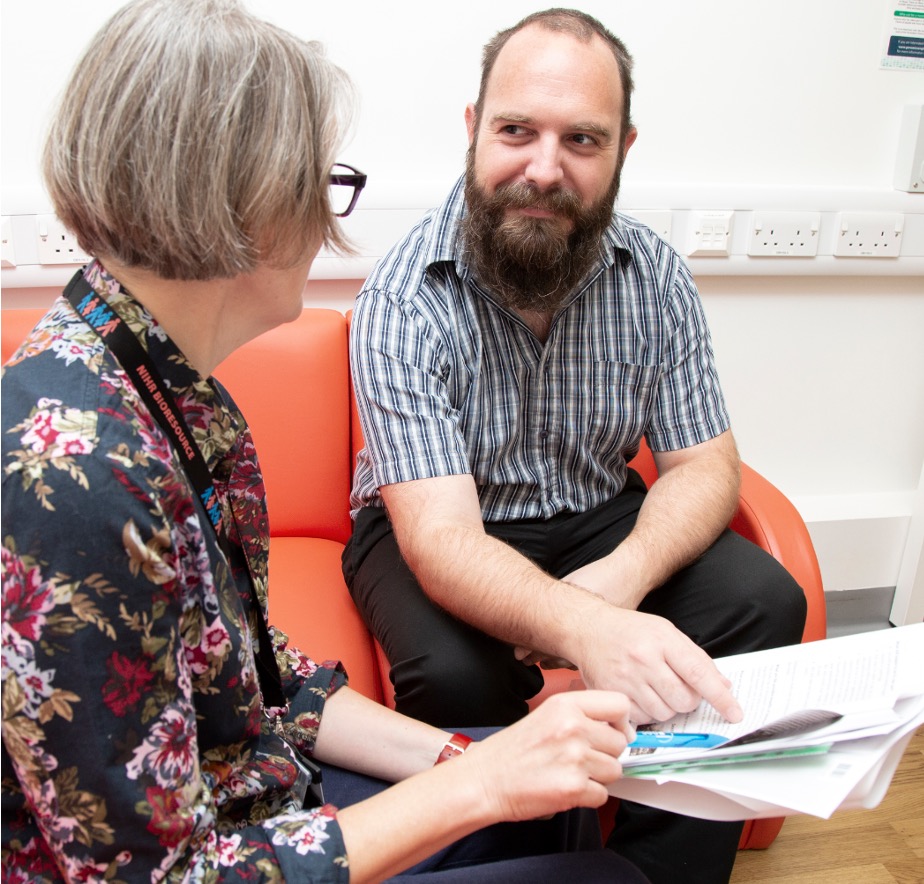Antenatal, Maternal and Child Health


This theme’s focus:
- Early identification of women at high risk of pregnancy complications through advanced foetal-maternal phenotyping and biomarker development
- Improve national guidelines for monitoring pregnancy to reduce the number of stillbirths, infant and maternal deaths and prevent neonatal brain injury and other birth complications
- Develop new ways to predict, detect and prevent the development of chronic conditions at an early stage through combining genomics, biological samples and linked UK health records
Improving outcomes for mothers and babies and reducing the lifetime impact of chronic illness are the key priorities for the antenatal, maternal and child health theme.
Many common long-term illnesses, such as heart disease, diabetes and mental illness begin to develop before birth, or early in childhood. We believe that early diagnosis and intervention (such as treatment or lifestyle changes) would significantly reduce the number of people who go onto experience these conditions as they age. However, we do not currently have accurate methods to detect these developing conditions or know which changes or treatments would be most effective at preventing or treating them.
This theme will respond to the key goals of the Department of Health and Social Care to ‘accelerate action on reducing still birth, maternal mortality, neonatal mortality and serious brain injury’ by focusing on early identification of mothers at risk of pregnancy complications and earlier detection of health conditions in childhood.
The theme will combine genomics, identification of biomarkers and linkage to national health records to understand patterns and predictors of long-term health outcomes in children. Combining antenatal and paediatric research will allow our researchers to develop a fuller picture of childhood development, and, working with other NIHR Cambridge BRC themes, extend the impact of these findings across the life course.
We will work closely with academic partners across the region (University of East Anglia, Anglia Ruskin University), other Biomedical Research Centres including Great Ormond Street Hospital (GOSH) and Bristol, international collaborators and industry (Illumina, Roche, Pfizer) to share expertise. We will also work with the NIHR young people’s BioResource, Wellcome Sanger Institute and EMBL-European Bioinformatics Institute to build patient cohorts, facilitate genomic and biomarker studies, and use artificial intelligence and other techniques with ‘big data’ to identify patters and targets in the consented data sets.
Patient and Public Involvement and Engagement is a vital part of the work of this theme, and we are committed to involving children and their families in our research. We work closely with the Cambridge Children’s Network of more than 500 children and young people, who are helping to plan the NHS Cambridge Children’s Hospital, and with charities and support groups such as Sands, Bliss, Juvenile Diabetes Research Foundation, the INNODIA study (www.innodia.eu) and camRARE (Cambridge Rare Disease Network).
We will work on:

Sample collection
We aim to identify biomarkers associated with stillbirth by developing “omic” platform tools for levels of antenatal in diverse populations.

Identify underlying conditions during and after pregnancy
Our investigators will work with our subthemes and other specialities within the BRC to investigate the causes of fetal growth restriction, preeclampsia, neonatal sepsis and brain injury, paediatric cancer, Inflammatory bowel disease (IBD) and Type-1 diabetes (T1D).

Improve neuroprotective interventions for neonatal brain injury
With Neuroscience investigators, we will develop remote seizure monitoring and use genome sequencing to characterise neurogenetic epilepsy.

